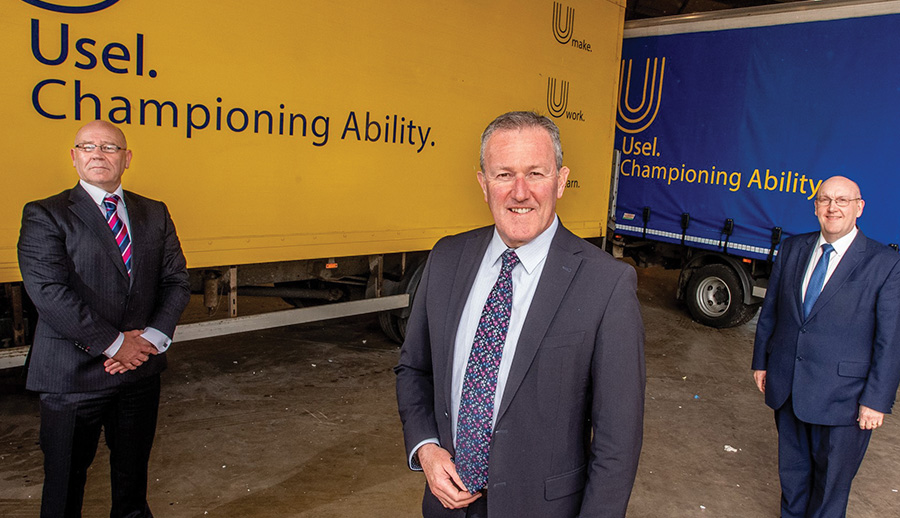Placing social value at the heart of public procurement

Finance Minister Conor Murphy MLA outlines the initial impact of the newly introduced policy of mandatory scoring of social value within public procurement.
On 1 June 2022, a new Executive policy came into effect making it mandatory to score social value within public procurement. Since then over £78 million worth of government tenders have been published which include social value in the award criteria. These tender opportunities cover a range of areas including facilities management, IT and construction.
Evaluating social value alongside quality and cost provides a more complete assessment of the best tender. It rewards companies for doing the right thing while ensuring the Executive harnesses its £3 billion spending power for the good of society. The new policy applies to tenders for services contracts worth over £123,000 and construction contracts with a value over £4.7 million. These make up approximately 95 per cent of the total value of government contracts. So, the policy undoubtedly represents a step change in how we do procurement.
The Procurement Board, which developed the policy, rightly advised that such a significant change needed a period of preparation. A lead in period of approximately nine months was therefore provided to ensure the transition was as seamless as possible. An extensive training programme was put in place for both industry and government. The Strategic Investment Board’s (SIB) Social Value Team delivered 70 seminars right across the North to public sector bodies and industry. SIB has also rolled out e-learning tools to suppliers, voluntary, community and social enterprise (VCSE) organisations and public sector commissioners to ensure they were equipped to implement this policy.

Suppliers bidding for public contacts can deliver social value by choosing from a menu of options including: employment and training opportunities for those who face barriers to employment; promoting ethical supply chains to tackle modern slavery and protect human rights; net zero carbon and environmental protection and improvement; and measures to support the health and well-being of the contract workforce. This flexible approach enables suppliers to tailor the social value outcome to the circumstances of the individual contract.
Social value is fundamental to the ethos of VCSE organisations. As such, they are well placed to meet the social value criteria included in public contracts. I also want to see government make more use of the facility to reserve contracts for organisations with a social purpose or whose main aim is the social and professional integration of disabled or disadvantaged persons.
In May 2022 Usel, which supports disabled and disadvantaged people in the workplace, was awarded one of the first ever government contracts reserved for organisations with social purpose. Awarding of this £317,000 contract helped to create 15 jobs for people with health conditions and disabilities by providing sustainable jobs, training and support. In the health sector, suppliers providing vehicle maintenance services are now sourcing uniforms and printing from social economy organisations that employ and train people that face barriers to employment, providing new skills and improving future employability.
Suppliers and the public sector recognise the benefits of considering social value at the outset of tender opportunities. In order to build on this momentum, the Executive will be asked to increase the minimum weighting for social value to 20 per cent from June 2023.
I hope that the Executive agrees to increase the emphasis on social value so that its spending power can deliver more economic, environmental and wider societal benefits.
You can find details of government contract opportunities at www.etendersni.gov.uk/





